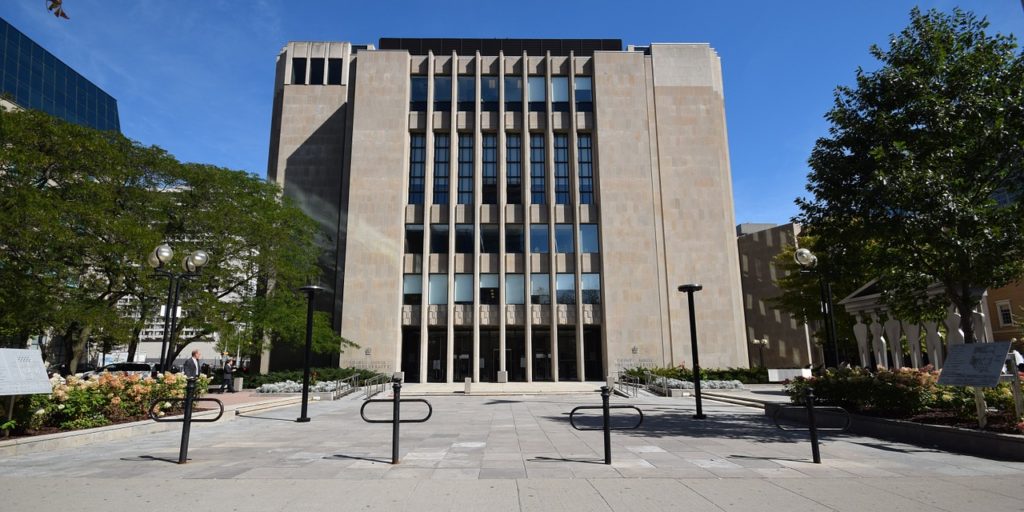- Class-action lawsuits targeted cybersecurity, worker rights in 2021 - December 31, 2021
- Ponzi scheme class-action lawsuit an ‘inventive’ brand of litigation - December 20, 2021
- Failing to adequately safeguard data results in $3.44M settlement - November 30, 2021
Toronto class-action lawyer Margaret Waddell and co-counsel Sam Marr have successfully argued before the Ontario Superior Court that former class members who exclude themselves from a class action should only be permitted to opt back into the proceeding if there’s evidence of misinformation or improper conduct during the opt out period.
The case, involving the ParkLane Financial Group Ltd and Michael Cannon, may represent the first time where courts have considered the circumstances where an individual who opted out had a significant claim, says the Financial Post.
Significant ruling
Waddell, co-counsel for Cannon, says it’s significant that the court ruled “these individuals could not wait on the sidelines and see how the litigation would turn out – safe from the risks and obligations of the litigation – and then insert themselves back into the class when the results were shown to be beneficial to the class.
“The quantum of the settlement had been negotiated in part taking into consideration the fact that these individuals were no longer part of the class.”
Waddell, partner with Paliare Roland Rosenberg Rothstein LLP, argued that certain individuals, who were also third parties and had declined participating in the class action, shouldn’t be permitted to “opt back in” once the opt-out period had closed and further steps had been taken in the proceedings, including a settlement and a stay of the third-party claim.
Bound by settlement
In Ontario, individuals falling within the definition of the class are automatically included in the action unless they “opt out.” This means that if a plaintiff succeeds in getting an action certified, potential members of the class are given a period of time to leave the class so they don’t participate. Once the “opt-out” period ends, they’re members of the class action and are subject to court orders related to the proceeding. They are also bound by any settlement or judgment in the matter.
The class action in Cannon v. Funds for Canada Foundation was brought on behalf of some 10,000 “donors” who say they were the victims of an alleged charitable donation tax scam. It was certified as a class proceeding in January 2012. The certification decision noted that the ParkLane defendants were bringing third-party claims against the sales people or distributors who sold the charitable donation packages to the donors. Some distributors were also donors, and as donor-distributors were class members, but also third parties.
Opted out
Four distributor class members, who opted out of the class proceeding, wanted to get back in.
“While they were watching from the sidelines, class counsel achieved a multi-million dollar settlement with some of the defendants and stayed the third party claim,” says the court decision.
Justice Edward Belobaba concluded that “to re-open and invalidate a voluntary opt-out, the court must find evidence of misinformation or misconduct” and “if the ‘opting-back in’ party cannot establish that he or she was misinformed about the opt-out procedure or its consequences, or was the victim of some misconduct (such as threats, coercion or intimidation) the decision to opt out must remain intact.
“Opting out does not mean ‘wait and see,'” he says in his decision.

